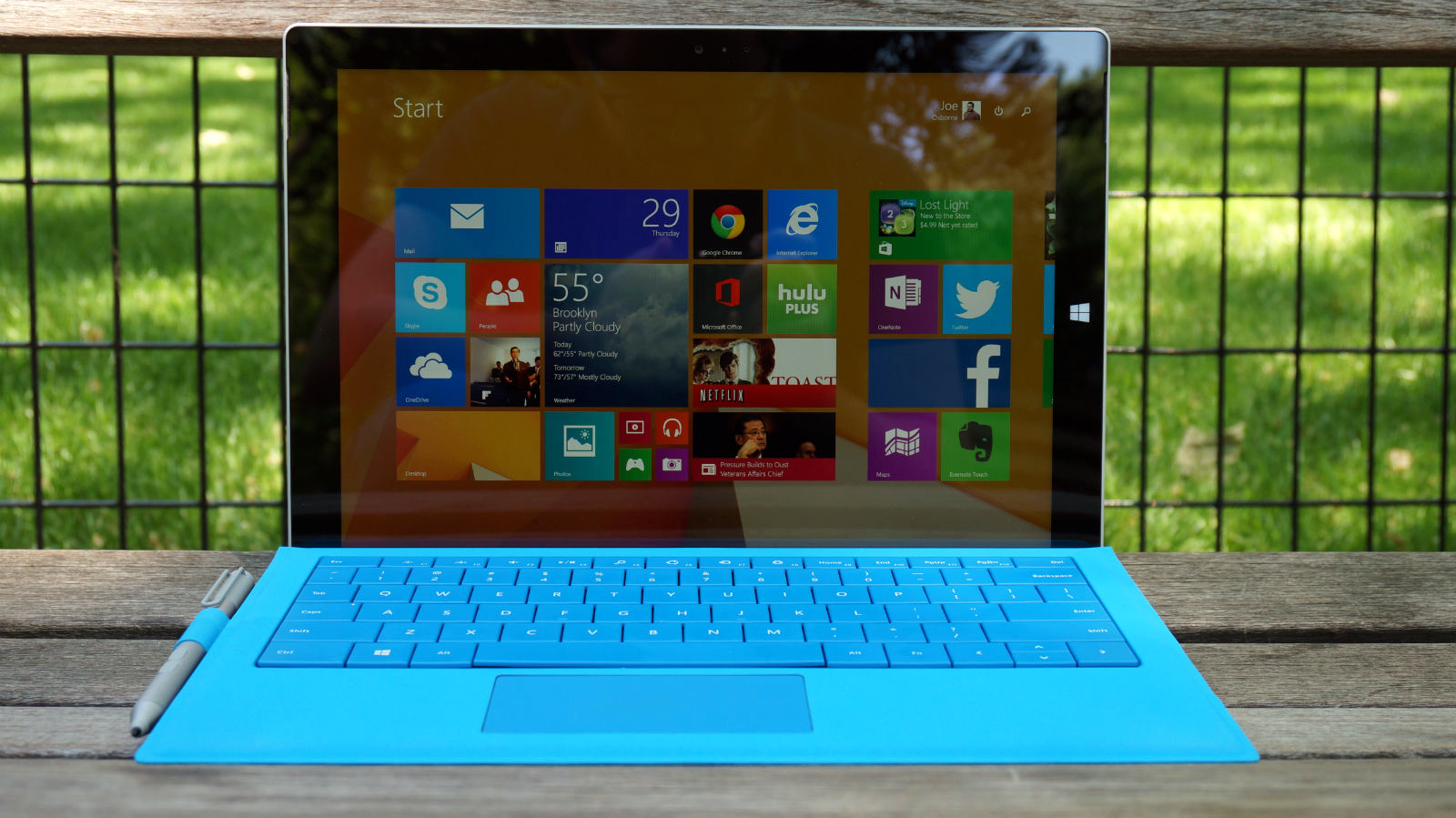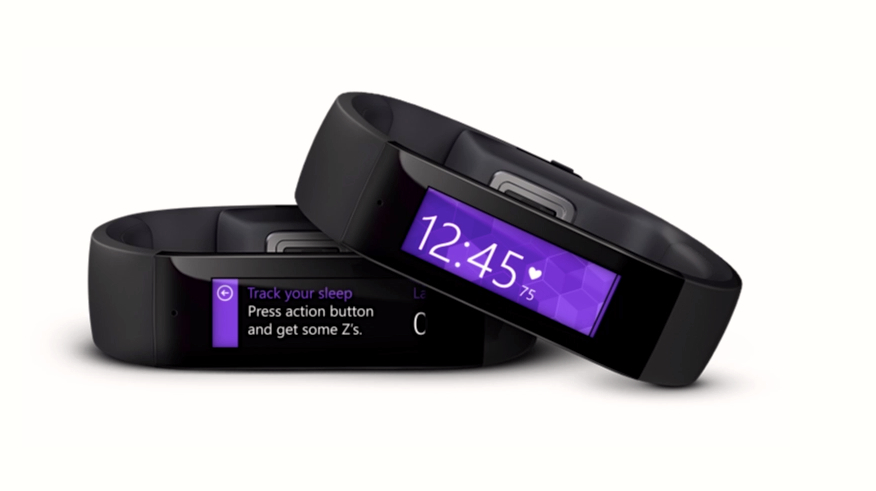Microsoft in 2014: your new 'platforms and productivity' provider
Nadella pins hopes on subscribers
Azure grows and grows
Nadella's posturing towards becoming a company that is focused on "productivity and platforms" means that its Microsoft Azure cloud offering takes on even more prominence than it had under former CEO Steve Ballmer. In line with its competitors, Microsoft has cut Azure's pricing on countless occasions throughout the year and has made it one of the key parts of its plans to rely on a subscription-based model going forwards.
Office 365, which arrived on a number of new platforms this year, includes a free 1TB of OneDrive cloud storage for the opening year before becoming a paid-for option after the first 12 months.
The growth is by no means only limited to consumer products and the Azure Government cloud, which was made generally available in December, caters for government customers that require a secure, locked-down version of the cloud service. Over 100 customers have already signed up and it gives Microsoft a real chance to throw down the gauntlet to BlackBerry.

Surface Pro 3
2014 will always be remembered as the time Microsoft tried to convince us all that we don't need a laptop anymore, and its Surface Pro 3 is the answer to the Apple MacBook Air we almost chucked in the bin. After the disappointing Surface and Surface 2 efforts it was third time lucky as the tablet/hybrid sold at twice the rate of the predecessor, and the Surface business had topped almost $1 billion (around £640 million, AU$1.23 billion) in revenue at the last check in October.
Skype for Business and Skype Translator
The Lync-Skype collaboration grew in stature after Skype voice, IM and video became part of the enterprise messaging service for the first time to bring a new level of collaboration to workplaces already using Lync. Bringing the two products closer together reflects the blurring of boundaries between work and home by making it easier to work from home using the popular enterprise collaboration tool.
Skype Translator got its beta release in the last days of 2014 with Spanish and English part of the debut offering that translates one language in text or speech into another. Eventually over 40 languages will be a part of the product and with even Klingon (from Star Trek) on the list, there are potentially hours of fun to be had. Should the translation feature be a success, there is scope for it to become part of Skype for Business and present a chance for more effective interaction with colleagues working across the globe.
Microsoft Lumia and Windows Phone 8.1
Nokia's presence on the Lumia line of smartphones was served notice as the first Microsoft Lumia smartphones were unveiled in October before the Nokia name was ditched entirely the following month. The demise of the Nokia moniker came just seven months after Microsoft finally tied up its deal to acquire Nokia's mobile business for a hefty $7.2 billion (around £4.6 billion, AU$8.9 billion) after several months of regulatory wrangling. Now all it needs to do is get its Windows Phone OS to turn heads.
Sign up to the TechRadar Pro newsletter to get all the top news, opinion, features and guidance your business needs to succeed!
To do this it unveiled Windows Phone 8.1 in April, and with it came Microsoft's answer to Apple's Siri and Google Now – the Cortana voice assistant. Since it was released in March, the virtual assistant has been hard at work trying to make friends by correctly predicting the outcome of World Cup and NFL games, and its arrival on Windows 10 will only strengthen its reputation.

Other business
We got a first peek at the Microsoft Band wearable wristband that works with all operating systems and packs so many features that its battery life struggles to cope for a day of normal use.
Towards the end of the year, Microsoft finally began to accept Bitcoin payments for digital content including games, apps and videos through its app store, with the success of the US rollout likely to dictate its progress across the world.
The open source community let out a yelp of excitement when the doors to Microsoft's .NET framework were thrown open to developers and it is now available on Linux and Mac OS X for the first time. It marked one of the first occasions that Microsoft truly recognised the open source community as a software development model that has its place in the industry as a whole.
Minecraft became a part of Microsoft's arsenal as it acquired the game's developer Mojang for a huge $2.5 billion (around £1.6 billion, AU$3.1 billion) to take on a title that generated $326 million (around £210 million, AU$400 million) in revenue last year.
Finally, Microsoft said a collective farewell to former CEO Steve Ballmer in August as the energetic ball of fun departed to take over the NBA's Los Angeles Clippers franchise from disgraced owner Donald Sterling.